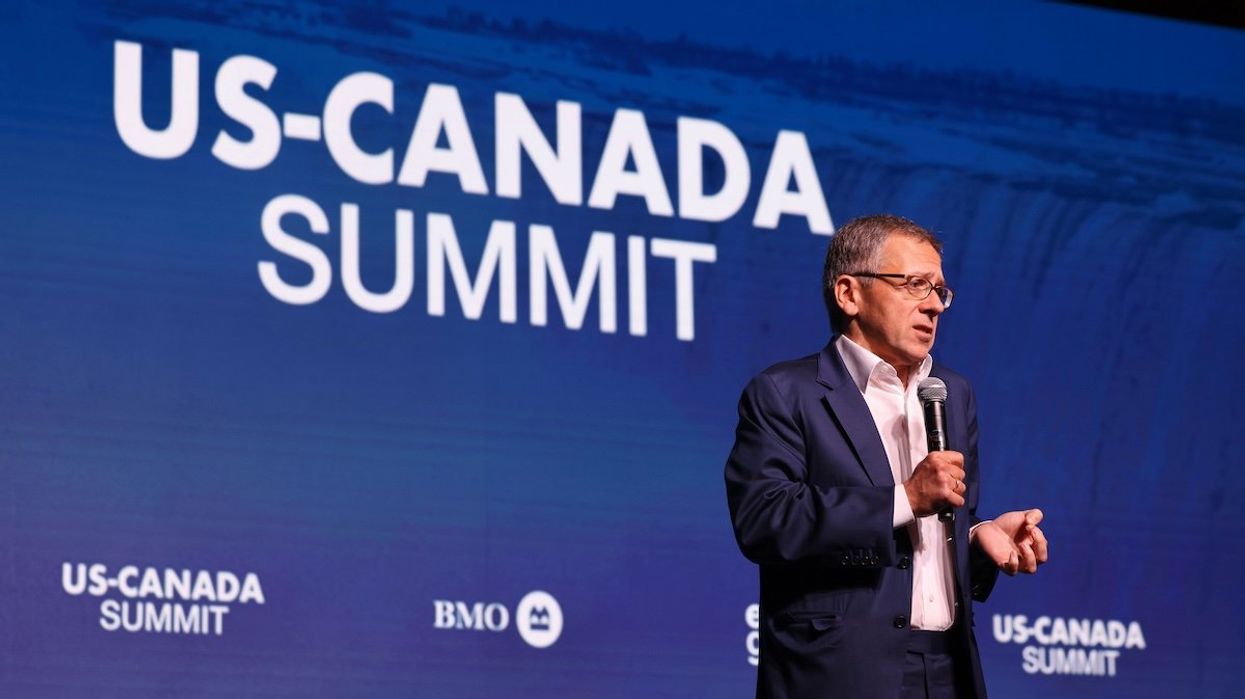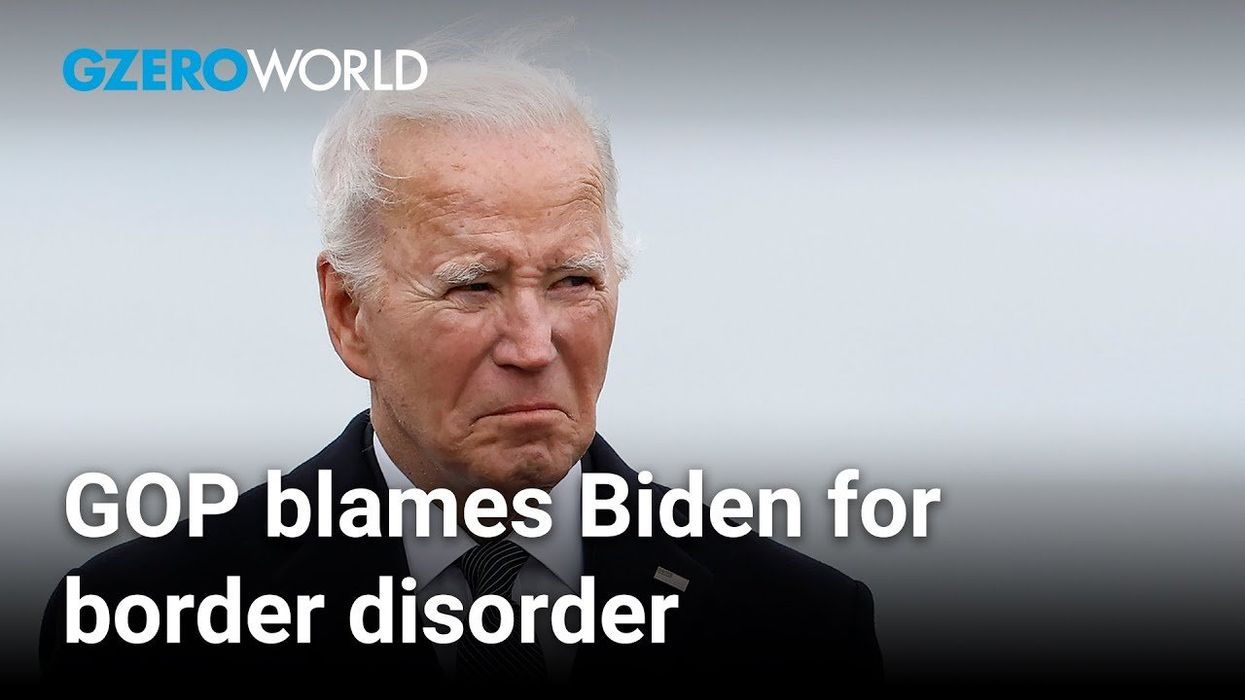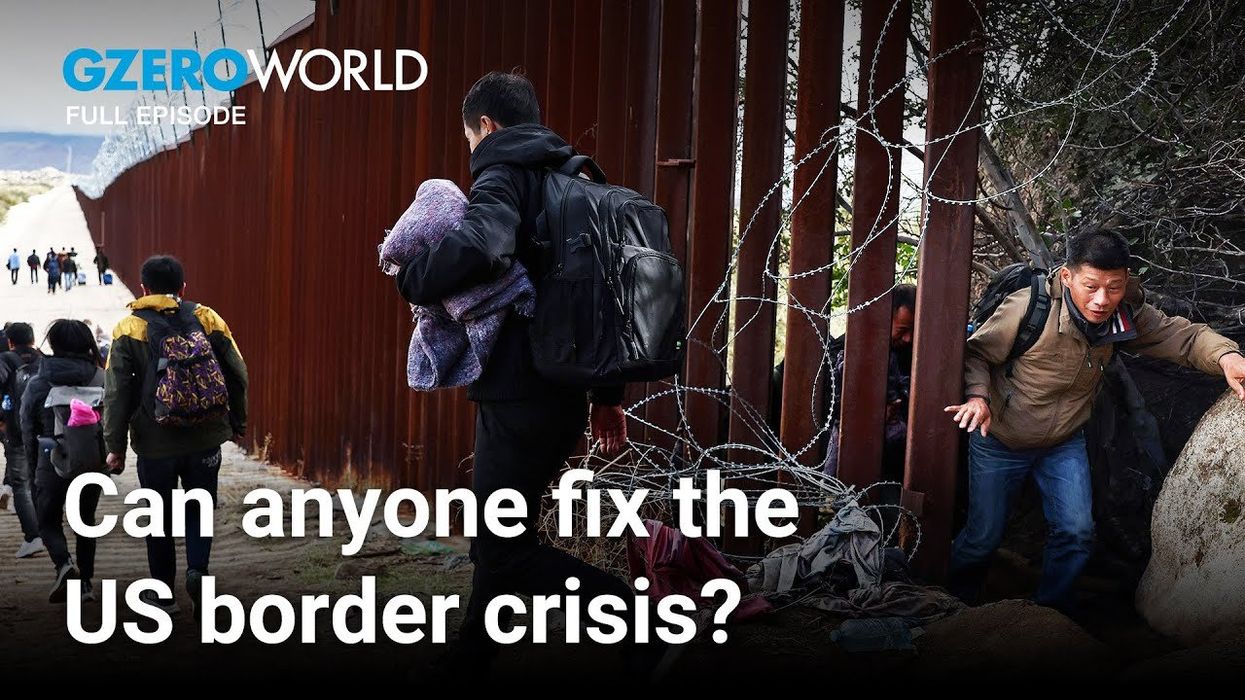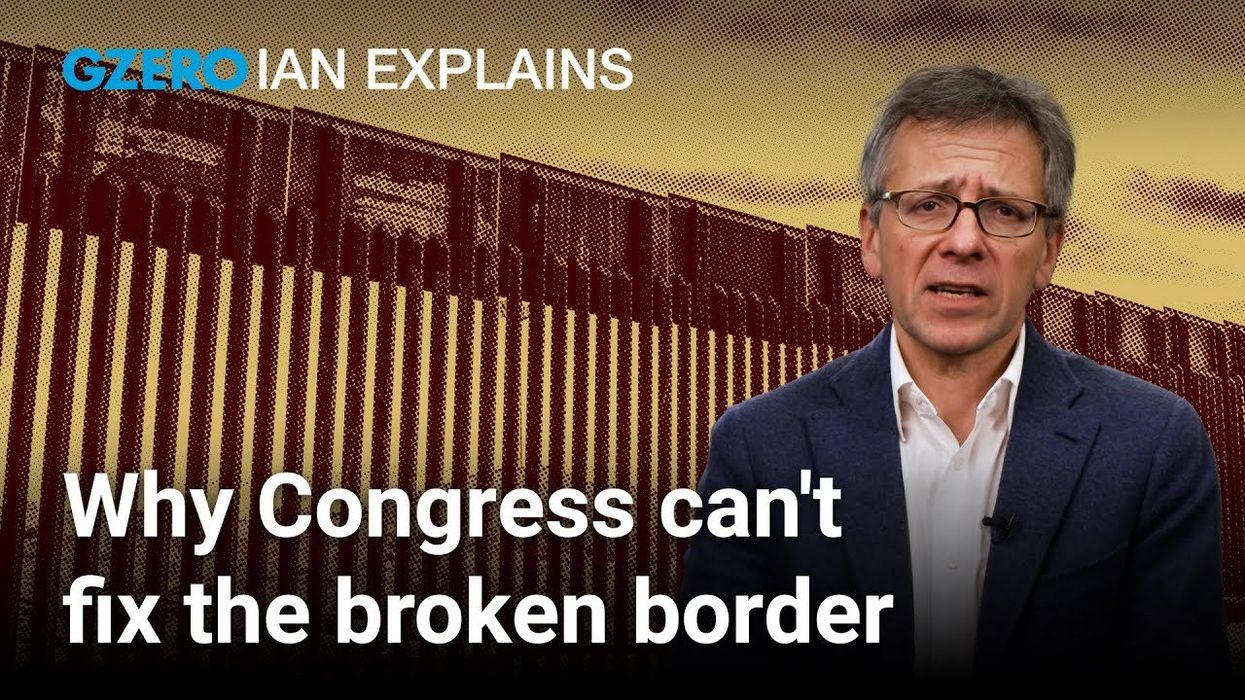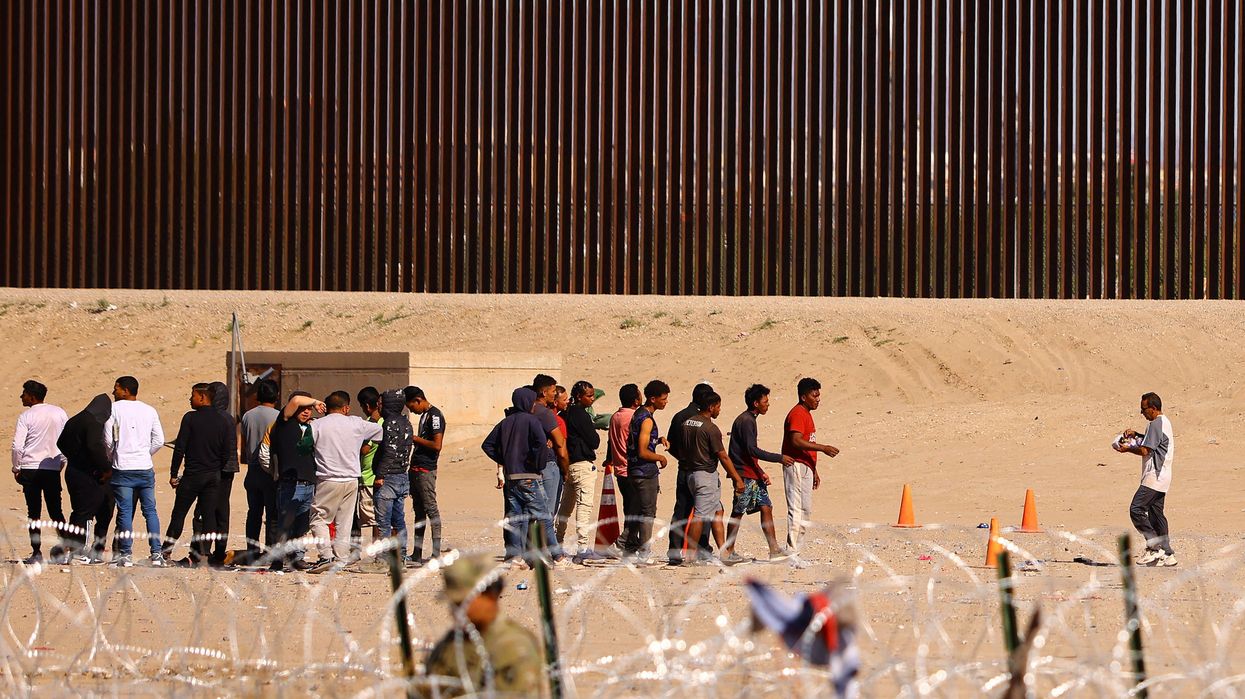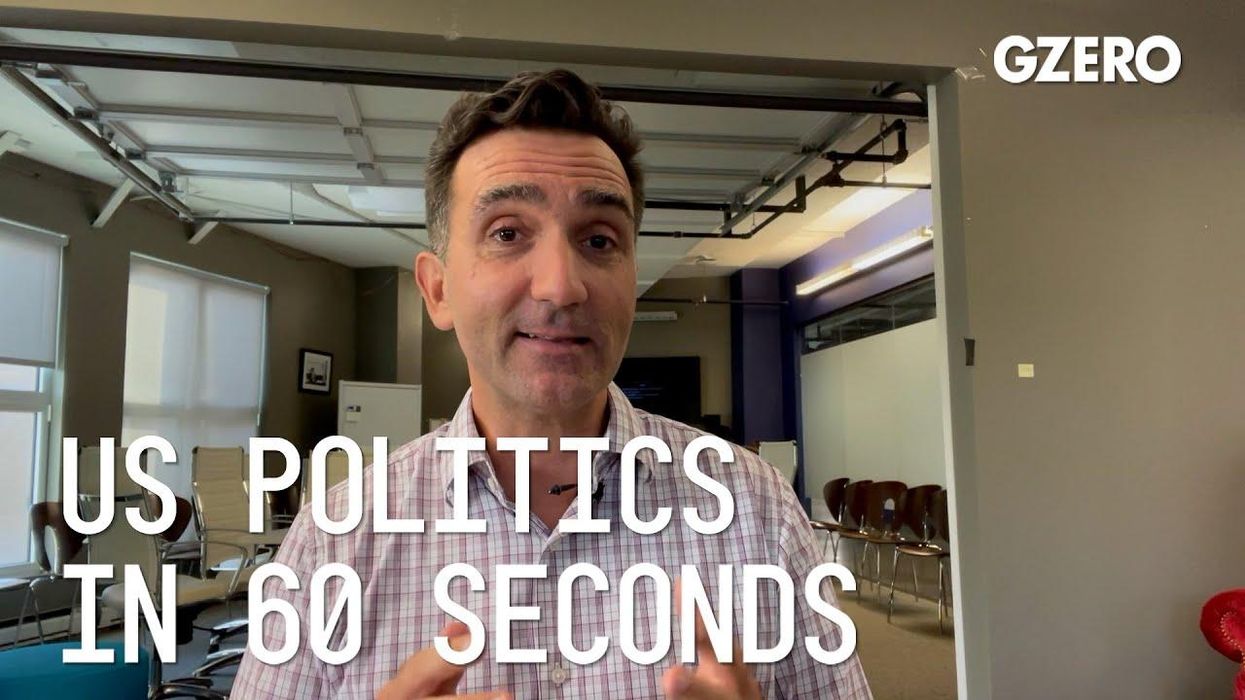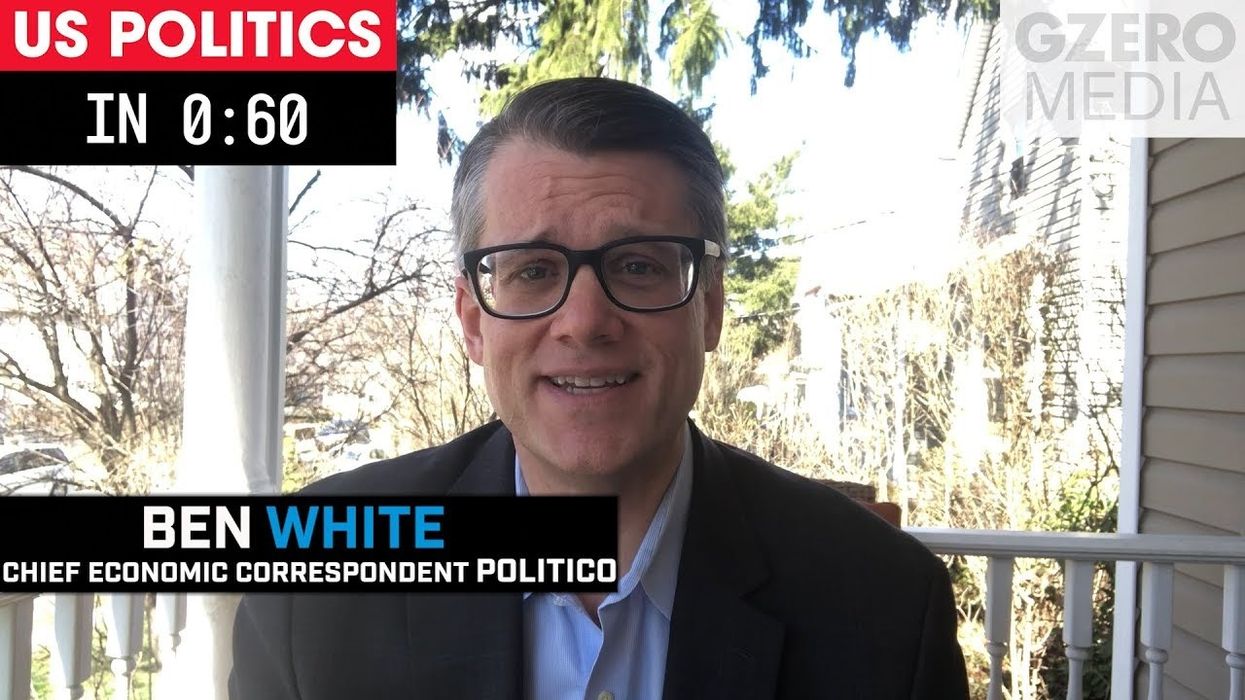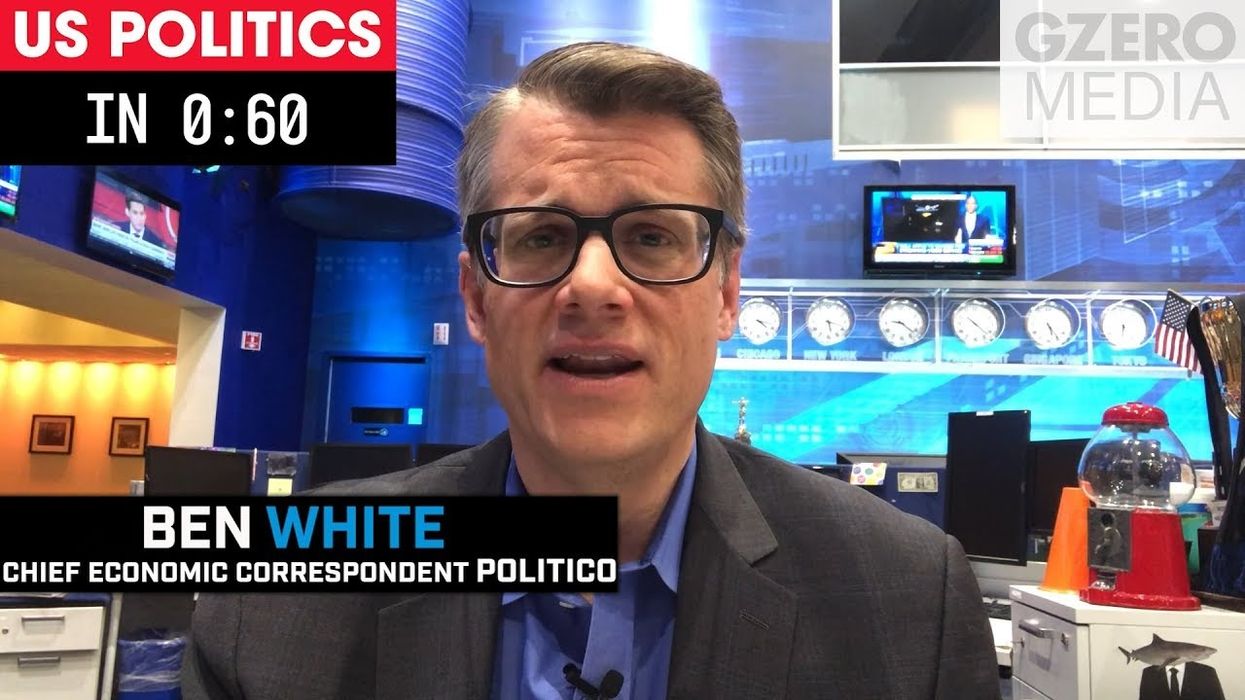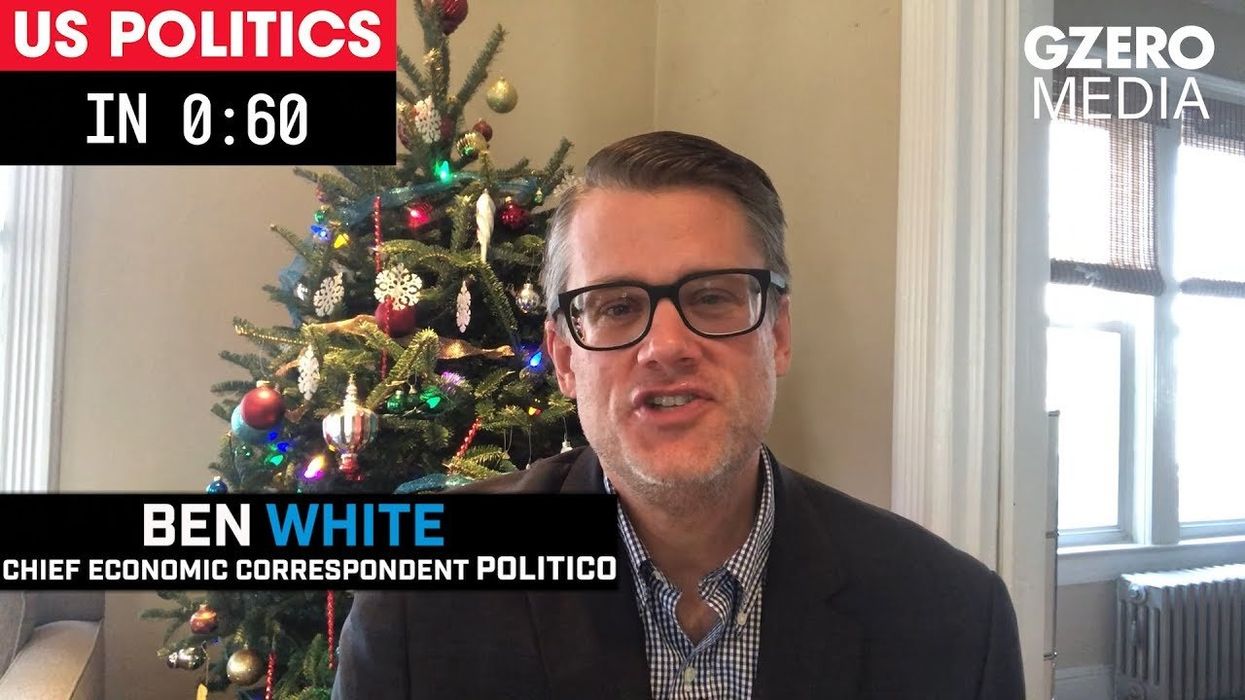GZERO North
American and Canadian voters yearn for something they might never get
Is there a deep, secret yearning from American and Canadian voters for a radically open border? Do people really want Canada and the US to be more like the EU, or is border politics all about isolationism, security fears, and building walls?
Jun 13, 2024
